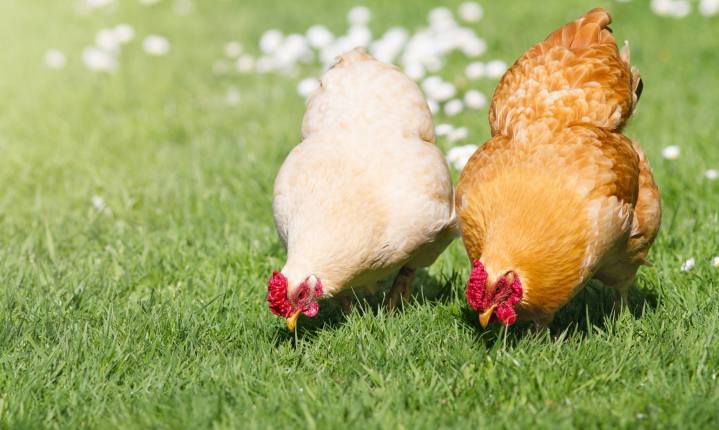
With hopes of making its lab-grown meat a “viable replacement for animal meat,” SuperMeat aims to place its products in grocery stores, restaurants, and yes, even your home. The proposed technology would organically grow meat in devices that are meant to “mimic natural animal physiology, permitting cost-efficient meat production, free of animal serum.” Scientists would first take a small biopsy sample from a chicken, then separate cells to grow in culture. Once these cells are grown into full-size tissue, the team hopes it will “result in chicken meat indistinguishable from conventional meat in terms of flavor and texture.”
Theoretically, this will allow for a renewable and affordable source of food for humans, all the while ending animal cruelty, reducing our carbon footprint, and generally making us feel better about eating meat (if you can wrap your head around the artificial component of the process). Given the prevalence of chicken in American diets, should SuperMeat take off, it could quickly become a very lucrative business indeed.
“We founded SuperMeat to revolutionize the food industry, and promote an animal-free humane solution to world hunger and environmental degradation that will secure a better future for our children,” said SuperMeat CEO and Co-Founder, Koby Barak. “Our team is comprised of a diverse group of advocates, scientists, health professionals, and environmentalists, coming together to create an incredible and truly groundbreaking device that will grow real, tasty meat, with zero animal suffering, and reach the market within five years.”


